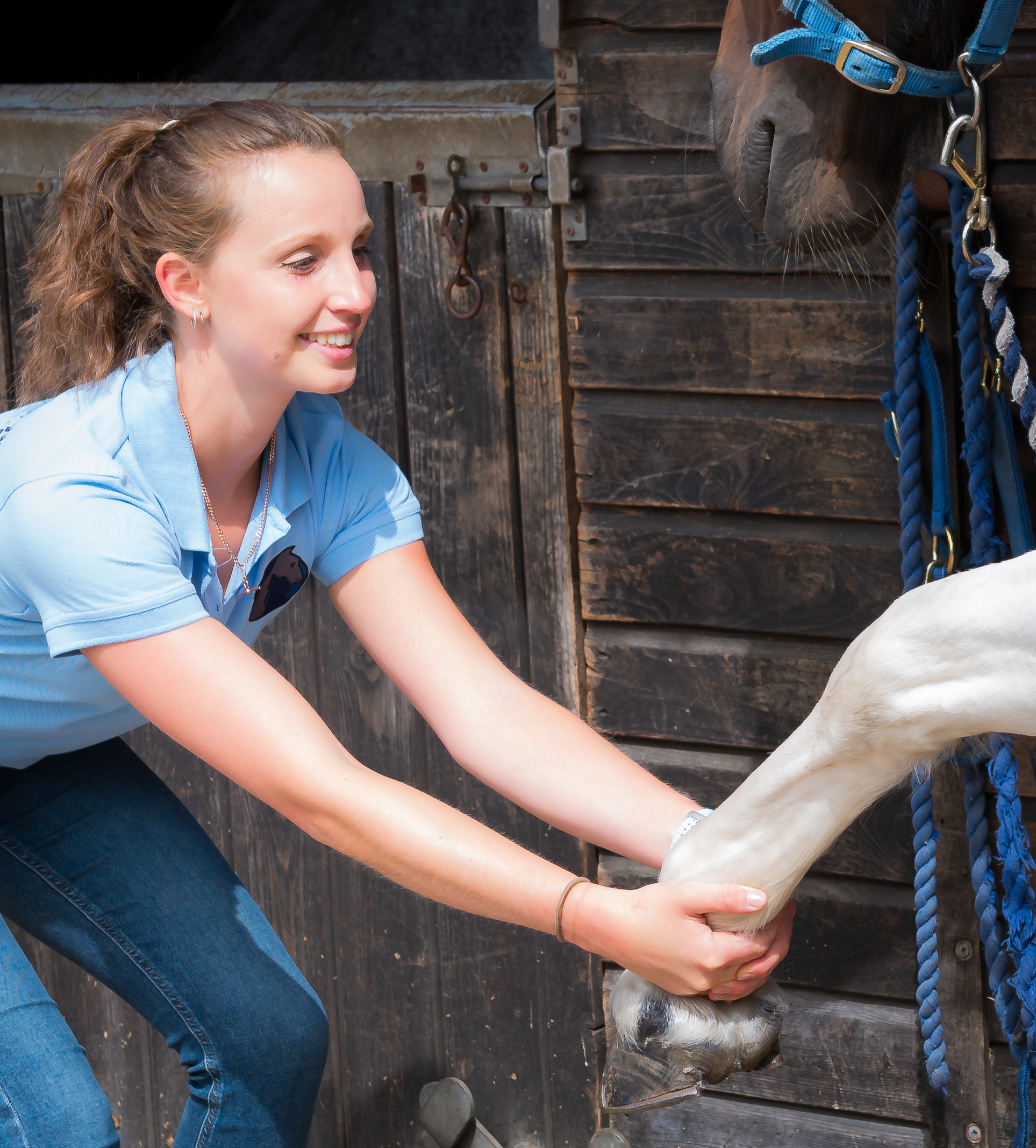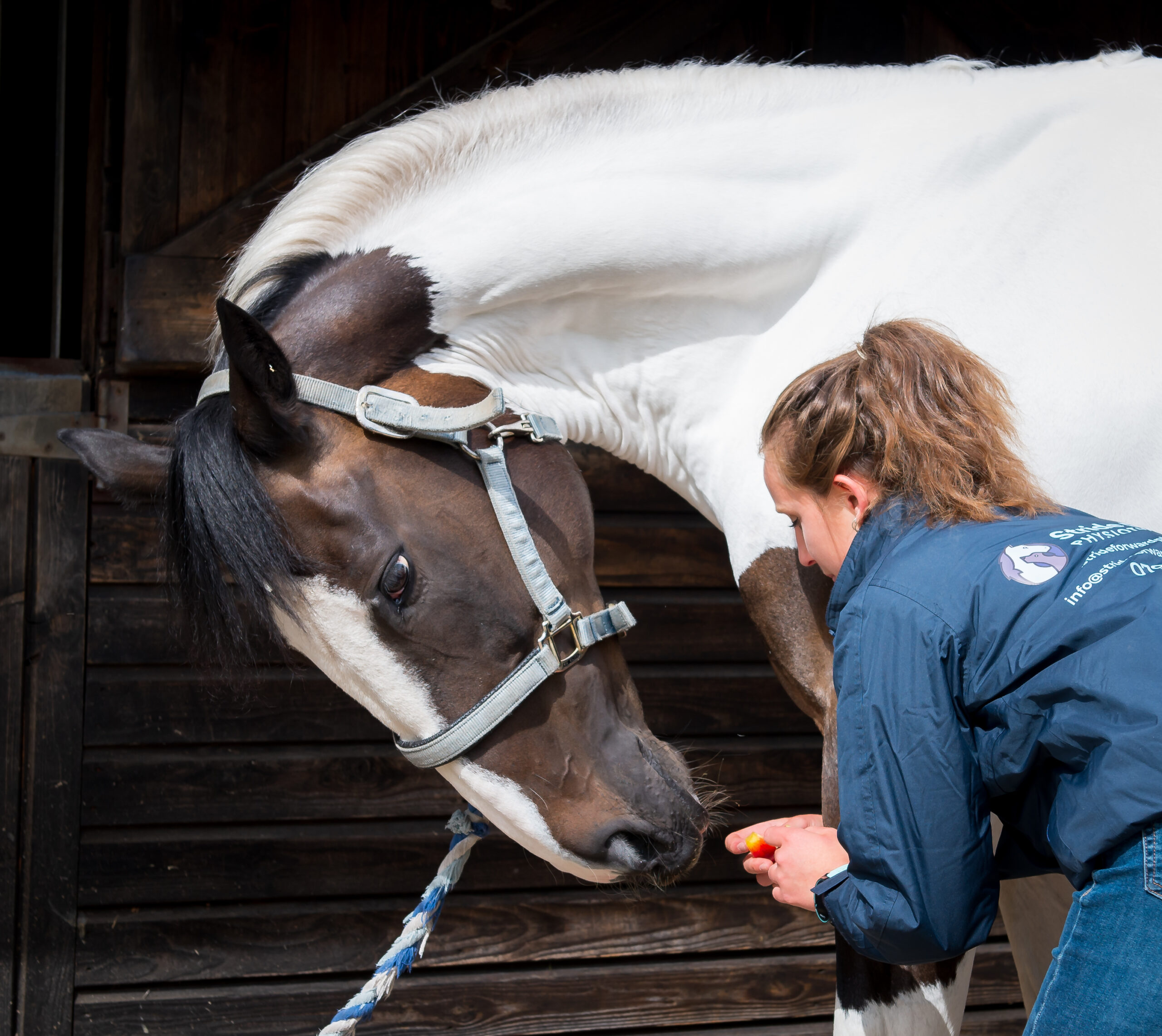Physiotherapy
Physiotherapy aims to restore, maintain, and progress mobility, function, strength, and well-being. Physiotherapy helps physical rehabilitation & recovery, reduces the chance of injury, and can greatly improve health and fitness. Physiotherapy treatments include but are not limited to; manual therapies (massage, soft tissue, and joint mobilisations), electrotherapies (LASER, therapeutic ultrasound, NMES, H-Wave), and tailored exercise prescriptions.
Equine
Even though our horses can’t talk to us directly, there are things we can watch out for or changes in their behaviour that may indicate that they are suffering from musculoskeletal pain and dysfunction. Such as, but not limited to –
- Reduced performance
- Difficulty with transitions
- Stiffness
- Evading contact
- Asymmetry in muscle bulk
- Girth behaviour/changes in behaviour
- Unwilling to work from behind







